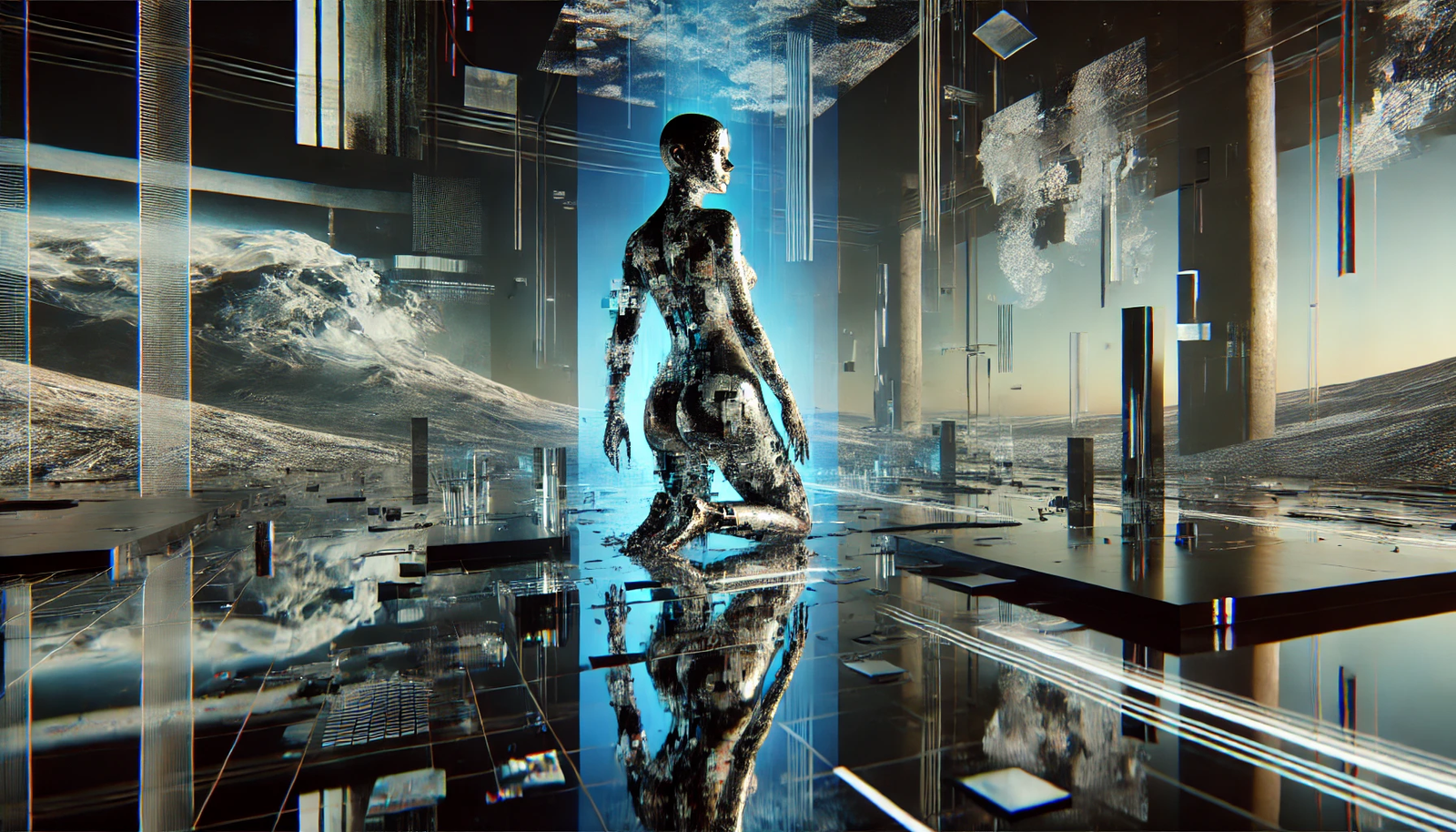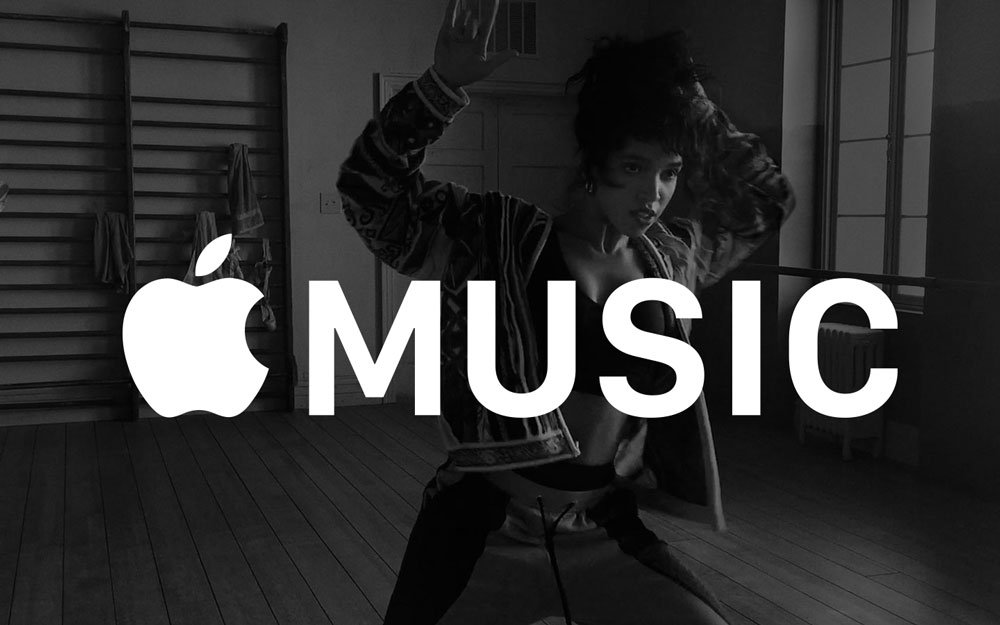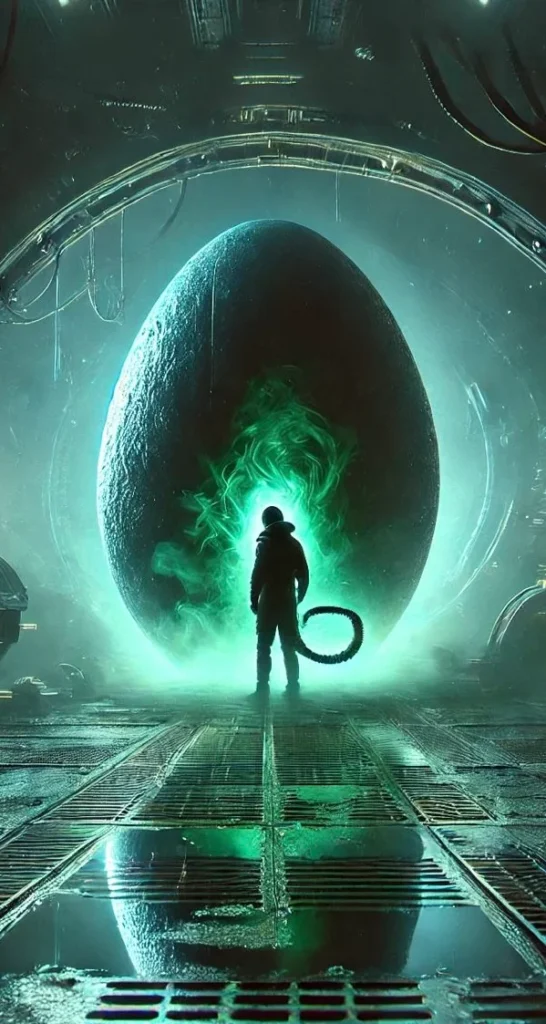Surrealism in music bends reality, distorting soundscapes to evoke emotions beyond the tangible. This article explores Soichiro by Arca, Bipp by SOPHIE, and Joe’s Dream by Bat for Lashes, analysing their unique approaches to surrealism, whether through deconstruction, hyper-reality, or poetic ambiguity and how they shape an immersive listening experience.
The Surrealism of Soichiro by Arca
Soichiro by Arca is a haunting, surrealist song that masterfully combines raw emotion with digital deconstruction. Its alien echo and splintered metallic tones have the sound of an otherworldly transmission, where human frailty meets computer sentience. Soichiro’s surrealism is in its liquidity, suspended between form and turmoil. Distant, ethereal voices drift in and out of clarity, like memories that are fading before one can quite place them. The music is spare but texturally dense, evoking the sensation of gliding through an endless cybernetic dreamscape.
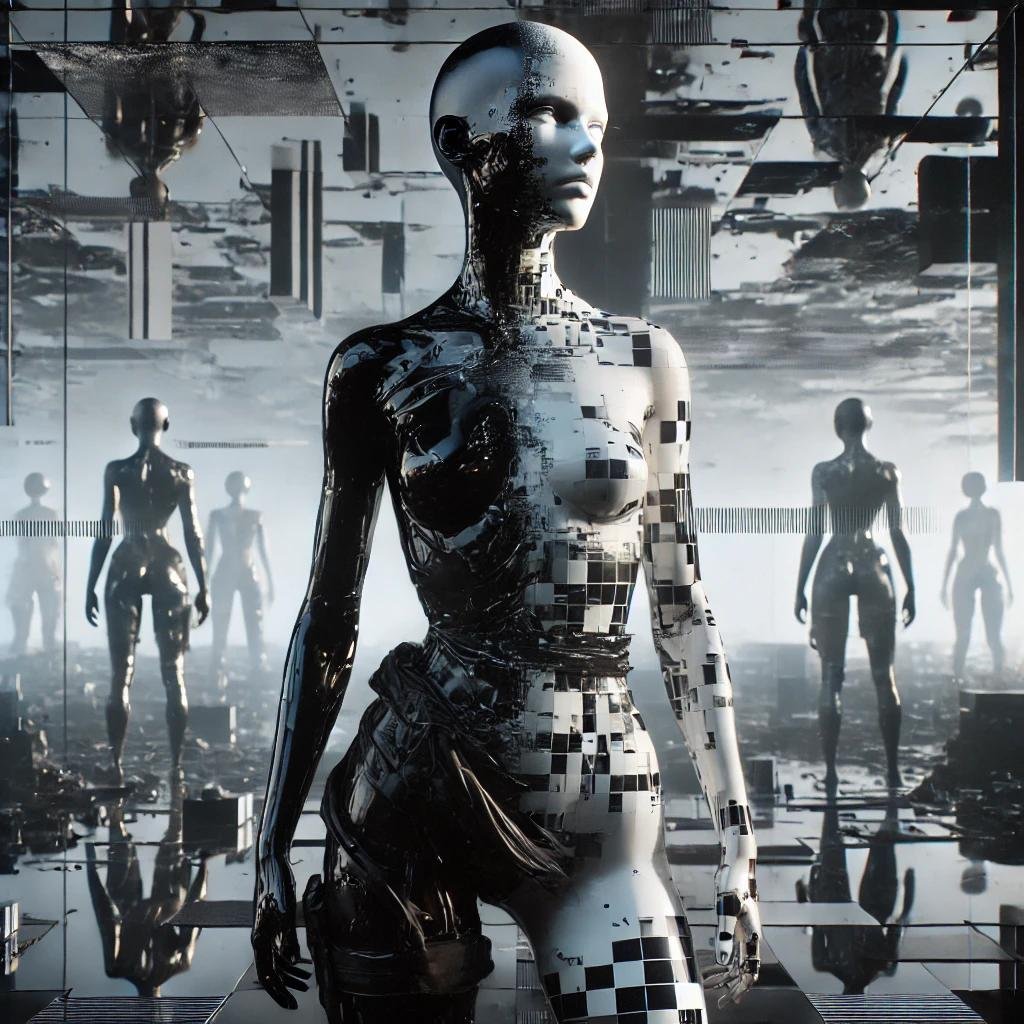
Arca’s manipulation and distortion of silence and sound produce extraterrestrial tension in the song, introducing an atmosphere of intimacy and otherness. Soichiro does not tell a fabricated story, rather, it is an aural illusion, warping time and perception. Soichiro demands total immersion. Its beauty and unease are best felt in the flesh, like staring into a virtual void only to be confronted with something deeply human that stares back.

Surrealism in Sound: Soichiro by Arca vs. Bipp by SOPHIE
Arca’s Soichiro and SOPHIE’s Bipp represent two poles of electronic surrealism. Each of them takes apart sound in an effort to leave reality, but uses very differing approaches to the process. One welcoming spectral abstraction, the other with hyper-realistic distortion.
Soichiro is a disembodied, deconstructed soundscape where ghost voices, elongated metallic timbres, and endless silence create a liminal dream space. Its surrealism stems from the absence of structure, suspending the listener in an amorphous nothingness, like consciousness melting into the digital ether. Arca’s music is uncoiling, fluid, dissociated from material reality, inviting introspection, and piercing transcendence.
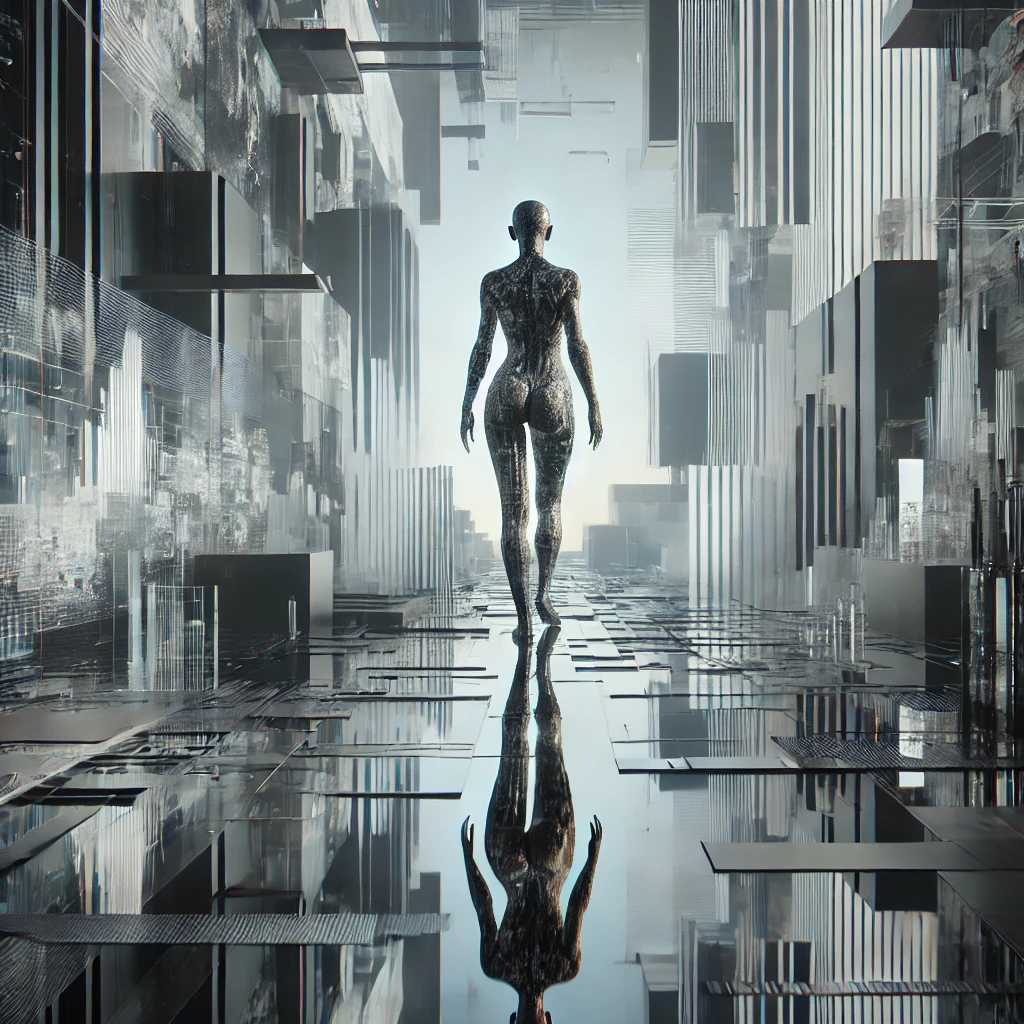
Whereas Bipp is the explosion of synthetic euphoria, welcoming surrealism in its form through hyper-reality. SOPHIE builds a pop world of rubbery sounds, pitch-shifted voices and plasticized sonic details. The track’s surrealism is not due to fragmentation but due to excess overload. A suffusion of sound that is elastic, glossy, and cartoonishly futuristic. Rather than floating over Soichiro’s abyss, Bipp catapults the listener into a sugar-high feverish dream, in which the conventions of pop are stretched to their ultimate limit.
Both pieces distort the listener’s perception of reality, but in diametrically opposed manners: Arca breaks it apart, while SOPHIE twists it into something disturbingly sterile. Together, they illustrate the endless potential of surrealism in electronic music, either through dreamy dissolution or manufactured energy.
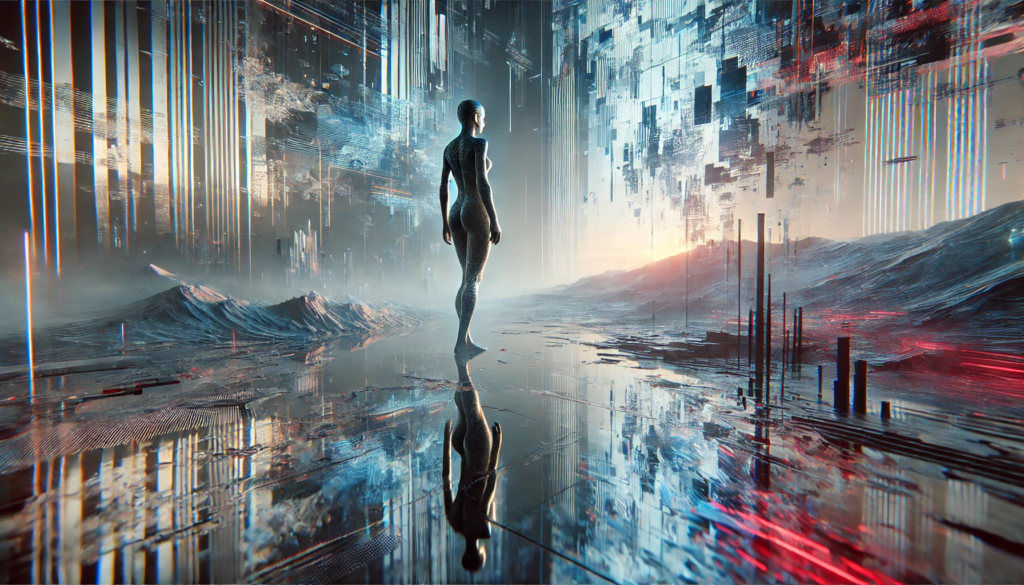
Adding Joe’s Dream by Bat for Lashes: A Third Path
Including Bat for Lashes’ Joe’s Dream in the mix, this pushes the boundaries of surrealism in song and the playlist further. While Arca and SOPHIE distort digital spaces to distort reality, Natasha Khan (Bat for Lashes) constructs a more cinematic, poetic form of surrealism, which is narrative-driven, mood-driven and lyrically opaque.
Joe’s Dream inhabits a realm of nighttime surrealism, where love and tragedy cannot be separated. Its muted percussion and muted vocals create an unsettling stillness, less frantic than Soichiro, but no less haunting. Arca’s surrealism is disintegrating and abstract, while Khan’s is a narrative, but elusive, like a vanishing dream suspended just beyond the fingertips.
While Bipp is surrealism in terms of enforced intensity and Soichiro in ghostly fragmentation, Joe’s Dream takes a third path, altering reality to the symbolic and unnatural. The reiterated line, “Joe’s dreaming with his eyes wide open,” suggests a world in which waking life and dream life blur, marking its in-between quality. While Arca and SOPHIE push sonic discovery into the world of the surreal, Bat for Lashes proves that surrealism can be woven into traditional songwriting. Together, these three tracks explore different facets of surrealism, deconstruction, hyper-reality and poetic ambiguity, each distorting reality in its own way.
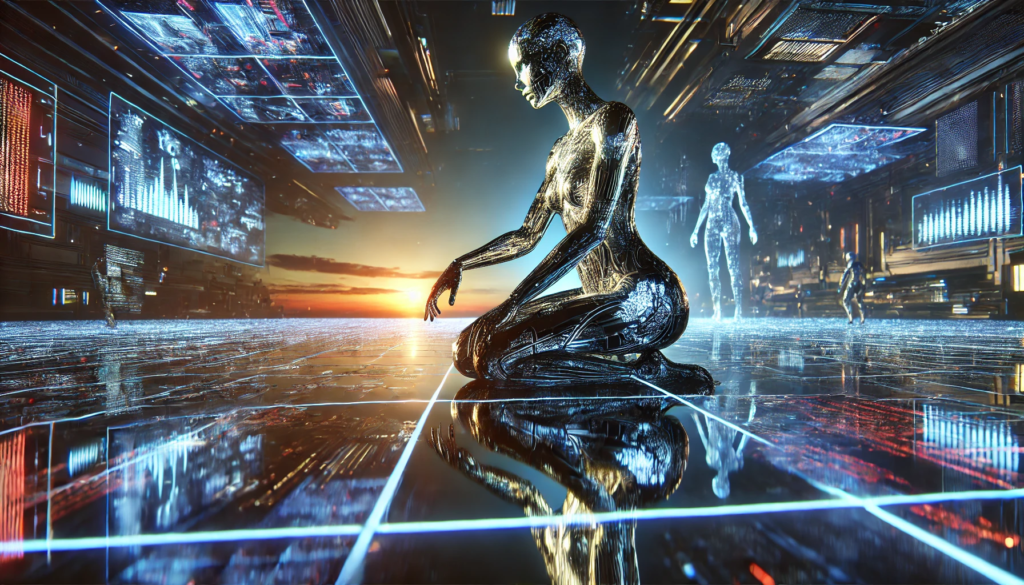
The Evolution of a Playlist: From Surrealism to Emotion
A musical trajectory that swings from the hyper-surreal intensity of Soichiro and Bipp to the natural melancholy sounds of Billie Eilish, Bat for Lashes, and Portishead is more than just a challenge in musical taste, it’s an emotional rollercoaster ride. This evolution aims to propel listeners beyond abstraction, to the realm of raw emotional pull.
Soichiro and Bipp begin in sonic chaos, glitching, warping and abandoning conventional form. These works create a realm where identity disintegrates and sound itself becomes malleable. The entry of Joe’s Dream marks a turning point, progressing from digital dismantling to dreamlike, but with a more tangible presence.

As the playlist continues, surreal tendencies give way to emotional complexity. Billie Eilish’s Happier Than Ever sustains an otherworldly, dreamlike atmosphere throughout its whispered verses but finally dissolves into visceral, unadulterated catharsis, converting surreal remove into guttural fury and relief. Bat for Lashes’ Sunday Love also follows this arc, with touches of the mystical but tempering them with private heartbreak and longing.
Finally, Portishead’s Glory Box closes the odyssey in a circle. While their trip-hop still retains traces of surrealism, tenuous cinematographic textures with Beth Gibbons’ otherworldly vocals, it is at last grounded in human desperation. Unlike Arca and SOPHIE, who exist outside of body references, Glory Box is weighed down with emotion, resignation and vulnerability.
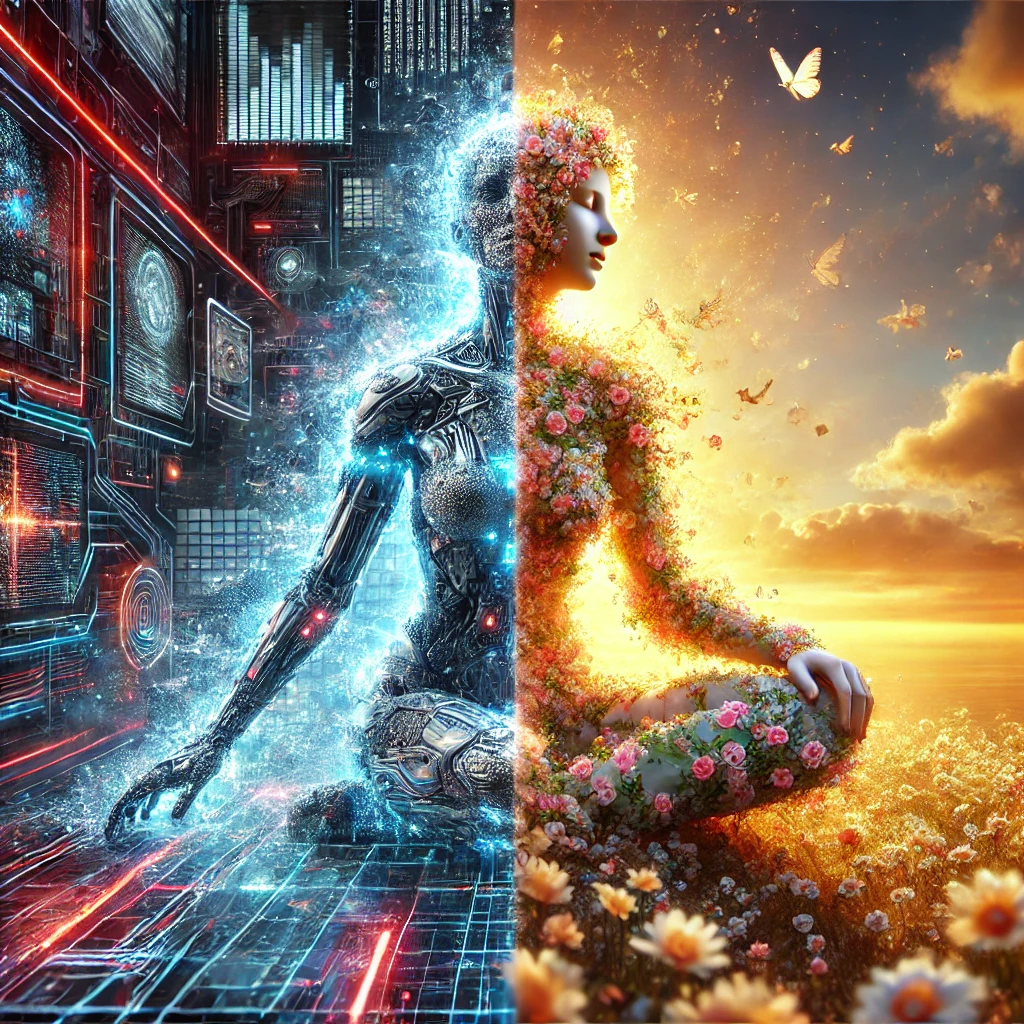
This playlist unfolds like a dream that slowly dissolves into morning, beginning with the futuristic, the abstract, the surreal and slowly descending into something deeply personal. It transitions from sonic escape into emotional confrontation, so that the final moments hit all the harder.
